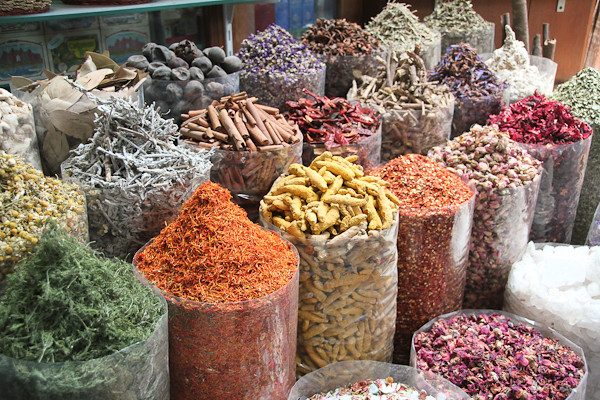Iranian Traditional Medicine
Iranian traditional medicine (ITM), also referred to as Persian traditional medicine (PTM), is one of the most ancient medical systems in the world.
While many people in the world resort to heavy diet plans and non-surgical and surgical weight loss procedures, Persian traditional medicine strongly focuses on prioritizing health maintenance and disease prevention over treatment. Iranian traditional medicine experts recommend that people should maintain health by adopting appropriate habits on diet, sleeping hours, mood, and other health-related issues.
It is based on the concept of four senses of humor: phlegm (Balgham), blood (Dam), yellow bile (Safra’), and black bile (Sauda’), a theory developed by scholars like Rhazes and Avicenna.

